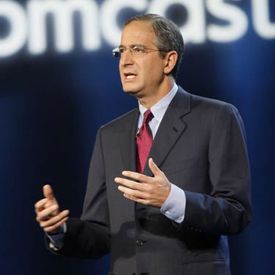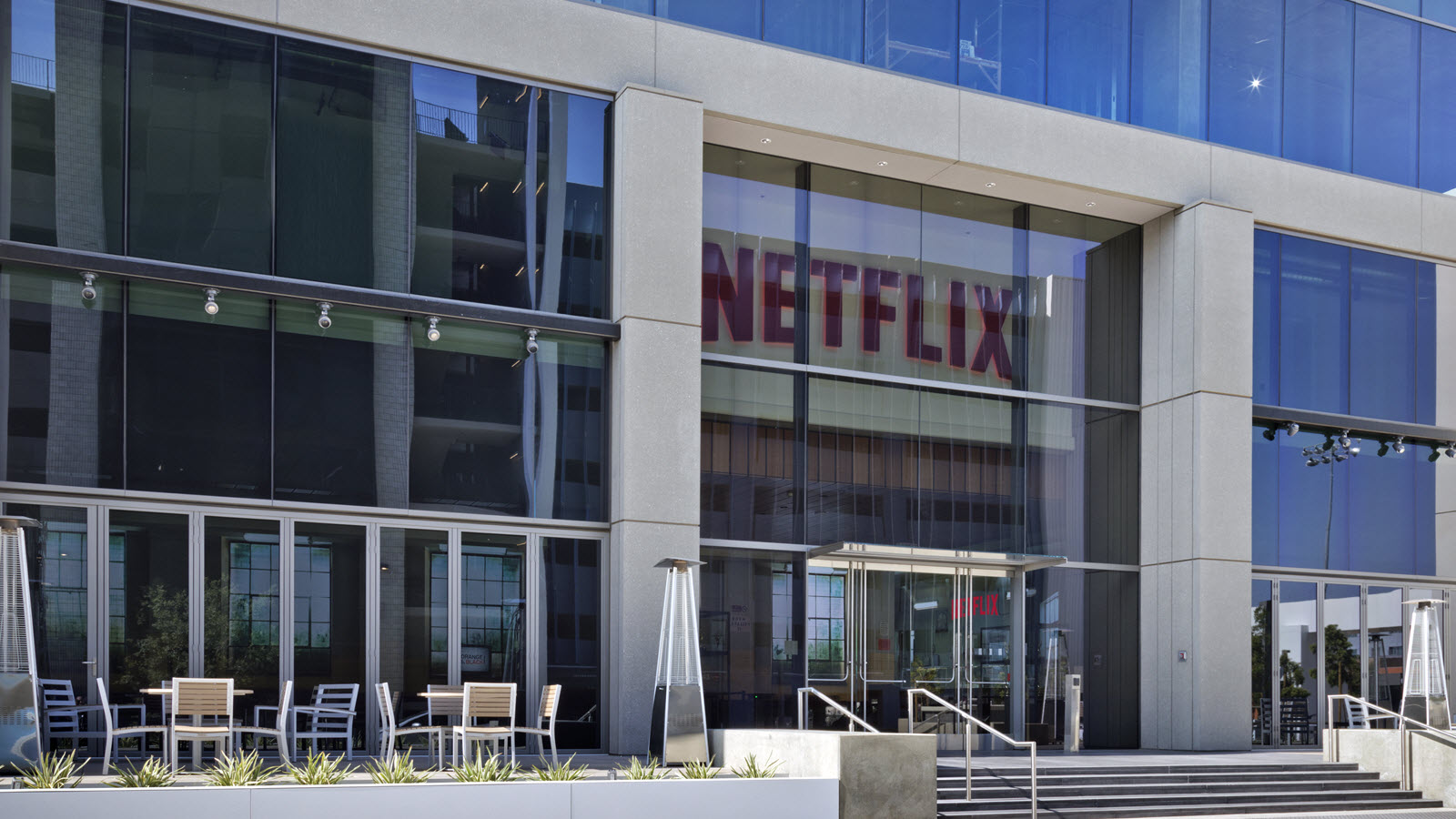Moffett: Comcast Should Drop Sky Pursuit, Too
The smarter way to stay on top of the multichannel video marketplace. Sign up below.
You are now subscribed
Your newsletter sign-up was successful
With Comcast’s abandoning its pursuit of 21 Century Fox programming assets a reality, influential media analyst Craig Moffett has another suggestion for the cable giant: drop your bid for U.K. satellite company Sky, too.
Comcast said early Thursday that it would no longer pursue the Fox assets, giving The Walt Disney Co., a clear path toward completing its deal with the content company. Instead, Comcast said it would focus on purchasing Sky – which is 39% owned by Fox. Comcast already is locked in a bidding war with Fox over that asset – it bettered Fox’s $32.5 billion bid for the company on July 11 with a $34 bid just hours later.

Comcast sees the Sky assets as a way to diversify into the growing international content and distribution markets. In announcing its first bid for Sky way back in April, Comcast chairman and CEO Brian Roberts called Sky “a great fit with Comcast.”
But Moffett, who has been a critic of Comcast’s run at the Fox programming assets in the past, is no fan of the Sky pursuit either. To Moffett, Comcast is confusing what Sky couldbecome with what it is.
“…[W]hat Sky actually is, is a satellite TV provider, with all the shortcomings that that implies (most probably technological obsolescence),” Moffett wrote in a blog post. “For what it’s worth, Sky’s growth rate is about the same as DirecTV’s was when AT&T acquired it. [Investors will recall that, at the time, AT&T fancied DirecTV to be a platform-agnostic content aggregator that could easily become the bass of a global OTT brand…but we digress].”

Related: Analyst Says Disney Could Outlast Comcast in Fox Fight
Moffett noted that Sky has an impressive list of content assets – Premiere League Football rights, exclusives with programmers like HBO, Fox, Disney, NBCU and Showtime. But, while those deals create some protection against the increasing competitive threat from OTT and SVOD providers, they can’t be counted on to last.
The smarter way to stay on top of the multichannel video marketplace. Sign up below.
Disney has already announced plans to go direct-to-consumer with some of its offerings, and HBO, recently purchased by AT&T, and CBS’s Showtime will probably do the same at some point.

On the soccer front, Facebook recently purchased Premiere League rights for Vietnam, Laos, Cambodia and Thailand, and Moffett believes it isn’t much of a stretch to think they would try the same for Western Europe once those rights come up for renewal.
“Knowing this, if Comcast does acquire Sky, they would have to rapidly wean it from its dependence on licensed content, just as Netflix had to begin doing five or so years ago when it became clear that they faced the same crisis,” Moffett wrote.
Moffett has always thought that the man driver for Comcast’s bids for Fox programming was the TV and movie studio. Distribution is all well and good, but to Moffett, Comcast saw that producing more compelling content would determine the winners in the battle for consumer entertainment dollars. Now, with the studio out of the picture, Comcast will instead have to ramp up production at its existing Universal Studios. But there’s some risk involved in that too.
“If they can’t manage to ramp up their studio slate fast enough, they will be left with what is at best a declining distribution platform that will serve as a drag on growth of whatever it is they try to build in its place,” Moffett wrote. “And even if they can ramp the production slate fast enough (with only their Universal Studios) they will have to spend like drunken sailors to do it.”
And Comcast should be careful what it wishes for. Moffett notes that Netflix has a lot of subscribers – about 130 million globally, at last count – that are losing a lot of money.

"Would Comcast ever be ascribed anything remotely like a Netflix –like valuation if they were to achieve something like Netflix-like metrics?” Moffett asked. “We (strongly) doubt it.”
Moffett also dismisses the notion that Comcast’s pursuit of Sky – or for Fox programming assets for that matter – was a reflection on its displeasure with the distribution business.
“Instead, they are a commentary on Comcast’s view of NBCU,” Moffett wrote. “Comcast rightly believes that being a player in media will require enormous scale. Now that they own NBCU, they’ve got to feed the beast.”
Comcast could sell its programming unit and let someone else deal wit the scale issue, but Moffett and most other analysts don’t believe that will ever be considered.
And Moffett commends Comcast for its forward-looking attitude in what is an increasingly scary future.
“The problem isn’t with the vision,” Moffett wrote. “It’s with the asset (Sky) they are trying to shoehorn into that vision. And with the expectation that shareholders will be rewarded for their pursuit of that vision, even if they achieve it.”
